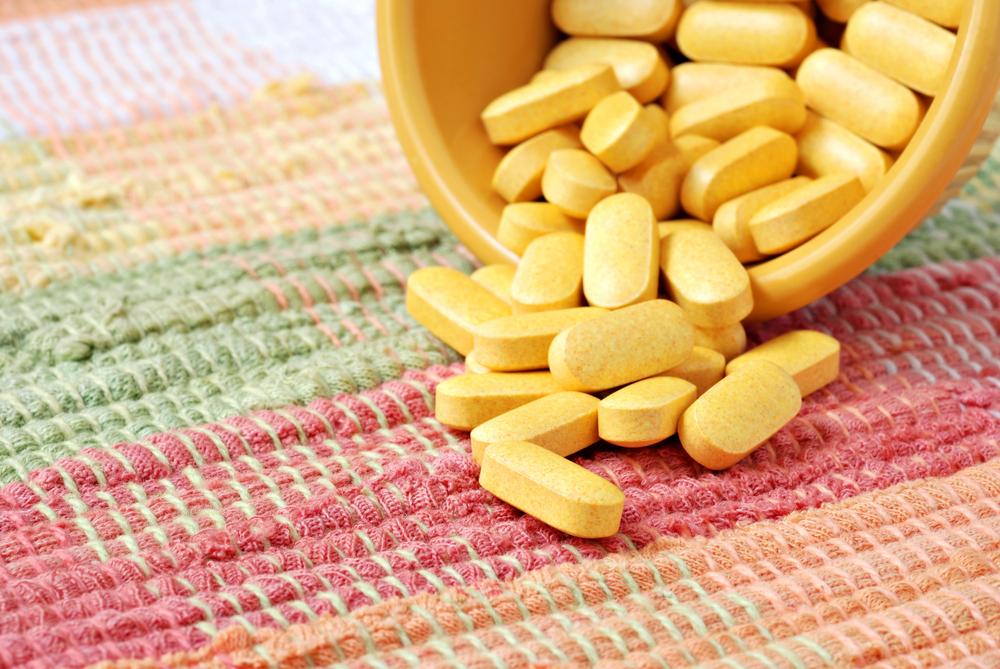Comprehensive Approaches to Overcoming Opioid Dependence and Achieving Recovery
Discover effective strategies for overcoming opioid dependence, including medication-assisted treatments like methadone, buprenorphine, and naltrexone. Learn how comprehensive approaches combining medical and behavioral therapies can lead to successful recovery. Expert guidance and personalized plans are essential for overcoming addiction and restoring health and well-being.

Comprehensive Approaches to Overcoming Opioid Dependence and Achieving Recovery
The disruption of the body's normal functioning due to chronic pain or injury can lead to significant physical and psychological discomfort. Many people suffering from conditions such as post-surgical pain, traumatic injuries, or chronic illnesses require effective pain management strategies. In many cases, healthcare providers prescribe opioids — potent medications known for their effectiveness in alleviating moderate to severe pain. While opioids can provide much-needed relief, long-term use poses serious risks, including the development of tolerance and dependence that can escalate into opioid addiction. Overcoming opioid dependence requires a multifaceted approach, combining medical treatments, behavioral therapies, and support systems to enable individuals to regain control over their lives and health.
Medications are a cornerstone of opioid addiction treatment, playing a crucial role in managing withdrawal symptoms, reducing cravings, and preventing relapse. The selection of appropriate medication depends on individual needs, severity of dependence, and medical history. Here are some of the most effective pharmaceutical options used in opioid dependence treatment:
Methadone – An FDA-approved long-acting synthetic opioid that has been extensively used for decades in opioid substitution therapy. It works by binding to opioid receptors in the brain, effectively reducing withdrawal symptoms and cravings without producing the euphoric high associated with other opioids. Methadone is administered under medical supervision, often in specialized clinics, to ensure safety and efficacy during recovery.
Buprenorphine – A partial opioid agonist that activates opioid receptors less intensely than full agonists like heroin or prescription opioids. It helps decrease withdrawal symptoms and cravings, making it easier for patients to wean off opioids. Buprenorphine is available in various formulations, including sublingual tablets and films, and is often combined with naloxone to prevent misuse. Proper dosing and medical oversight are essential for successful treatment.
Naltrexone – An opioid antagonist that blocks the receptor sites in the brain, preventing other opioids from producing their euphoric effects. Unlike methadone or buprenorphine, naltrexone does not alleviate withdrawal symptoms but is highly effective in maintaining abstinence post-detoxification. It is available in oral and injectable forms, and its use requires complete detoxification from opioids beforehand to prevent precipitated withdrawal.
Choosing the right medication-assisted treatment (MAT) plan is vital, and it should always be done under the guidance of a trained healthcare professional. Self-medication or abrupt cessation of opioids outside medical supervision can be dangerous and may worsen dependence or trigger relapse. Each individual responds differently to medication, so personalized treatment plans increase the likelihood of successful recovery. Alongside medication, behavioral therapies—such as cognitive-behavioral therapy (CBT), motivational interviewing, and support groups—are highly effective in addressing the psychological aspects of addiction, promoting long-term abstinence and improving quality of life.
Recovery from opioid dependence is a complex journey that involves more than medication alone. It requires a comprehensive, person-centered approach integrating medical treatment, behavioral therapy, emotional support, and lifestyle adjustments. Overcoming dependence not only improves physical health but also restores emotional well-being, relationships, and personal independence. If you or someone you know is battling opioid addiction, seeking professional medical advice is crucial to develop a safe and effective treatment plan tailored to individual needs. Remember, help is available, and recovery is achievable with the right support and resources.





